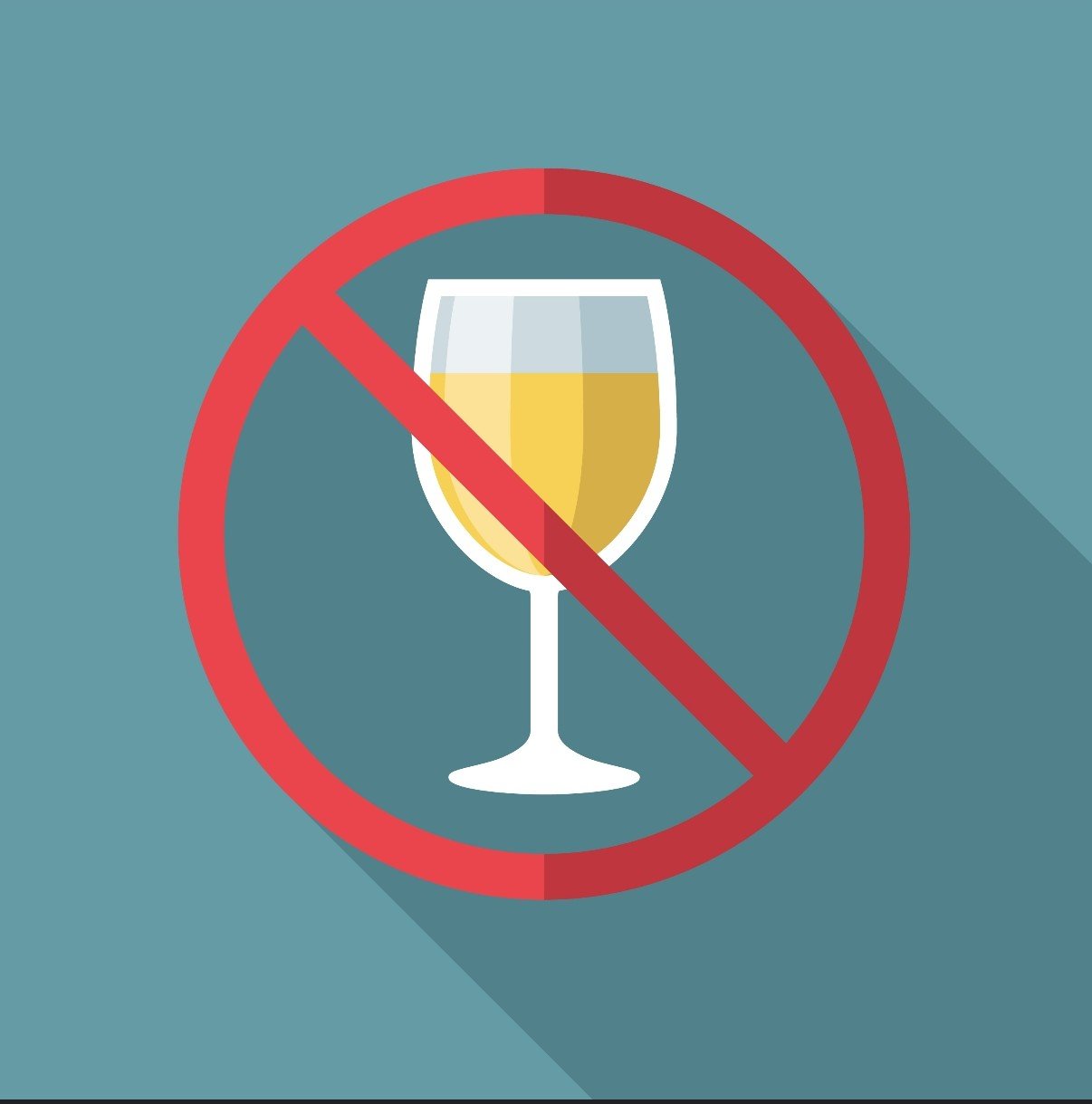I mentioned in a comment that I would do a post about sleep, so here you are.
Among its many, many other impacts, alcohol impacts your sleep horribly. Your body, instead of using its downtime to do cell repair and everything else, is pulling its resources to your liver to process the poison you’ve consumed.
Fixing sleep is a process, it’s not a one and done. If you cut the booze and immediately start sleeping like a baby, you are very lucky, and lean into that, because everything is better with a good night’s sleep behind you.
This is what I did. Some of this stuff involves spending money (weighted blanket, diffuser and oils, blackout curtains), but those are the “nice to have” items, not the essentials. I got a bit obsessive in the first month or two, because I didn’t want to get into “can’t sleep, I’ll just have a glass of wine to take the edge off”, but I’m a bit more relaxed about it now because I didn’t want to get into a headspace where I can’t sleep unless I did all the things.
For me, planning for sleep starts at lunchtime, which is when I stop drinking coffee or anything else with caffeine in it. I avoid sugary “processed” drinks most of the time anyway, but I make a point of not drinking those after about 4pm.
I’m also fairly active, I cycle between 100 and 120 miles a week, and on the days I don’t cycle to work it’s a mile and a bit walk to the Tube station, a mile and a bit back in the evening. I usually try to get out and walk round the park at lunchtime. If I’m working from home I’ll go out in the evening after work. I do a weights workout three times a week.
this is all timed for being in bed by 10PM.
I put all electronics into “night” mode at 9:30pm, which is my cue to stop looking at the electronics and start my winding down for bed routine, rather than an excuse to keep staring at the screens.
Night routine is:
-
drink a mug of sleepy tea
-
Clean teeth, do facial skincare routine
-
pyjamas
-
close curtains (I have blackout ones)
-
switch on an electronic diffuser that’s loaded with a sleepy blend of oils
-
switch bedside alarm lamp to sunset mode, where it gradually dims to a tiny nightlight glow
-
get into bed, under weighted blanket
-
put phone out of reach but start a sleep meditation session (all the apps like Headspace, Calm, and Insight Timer offer free versions)
-
My bedside alarm goes off at the same time every morning, even at weekends. It has a sunrise setting so half an hour before I’m due to wake up, it starts getting brighter and brighter, and then it plays birdsong at me.
-
When it’s hot, I have a fan set up in the hallway outside my room so it’s not right in the room being noisy, but I still get the air moving (I live on my own, so having my bedroom door open at night is fine).
-
If I wake in the night, or if I can’t get to sleep, I lie there with my eyes closed, recognising that even if I’m not sleeping, I’m still resting. I don’t reach for my phone and start scrolling through. If it is within half an hour of my normal wake up time, I get up and start the day.
-
I don’t do lie-ins, once I’m awake for the day, I’m up and out of bed.
That sorted it for me, but if it hadn’t worked, I’d have looked at herbal sleep remedies, if those hadn’t worked, I’d have talked to a pharmacist for advice, and if what they had suggested didn’t work, I’d have gone to my GP.
Some of the stuff in the list above involves spending money if you don’t have them already (diffuser, oils, weighted blanket, blackout curtains, fancy alarm with sunrise/sunset setting). Fortunately, those are the “nice to haves” not the essentials. Sleepy teas are mostly cheap, although it might involve a small investment to find ones you like.
The important thing is that you start the routine at the same time each night, you start giving your body cues to wind down, you go to sleep in a room that’s as dark as possible, you wake up at the same time each day. It takes time, it’s not a one and done deal, it involves investing time and effort in yourself and recognising that even if one night is a “failure” you’re probably sleeping more than you think you are, and that even just lying in bed with your eyes closed means you’re still recuperating, and you try again tomorrow.


I had sleep apnea. Before I quit drinking, I was stopping breathing 7 times an hour and needed a CPAP device. . A year after I quit, I was down to stopping breathing once every OTHER hour.
I still use the CPAP device because I never store with it and that makes my wife happy. I don’t really need it anymore according to my Dr.